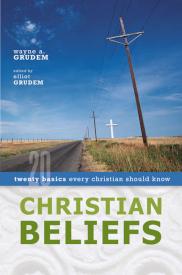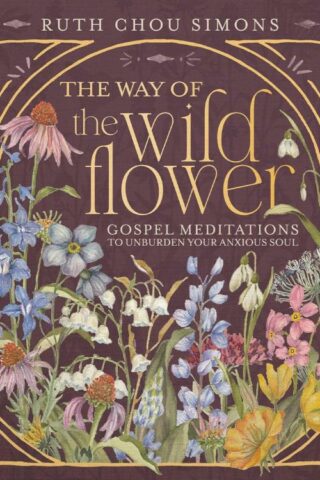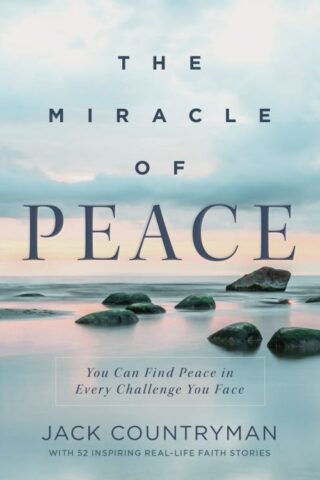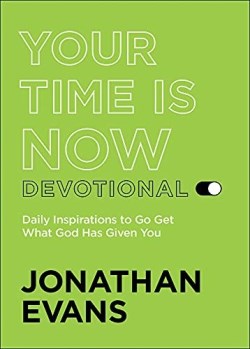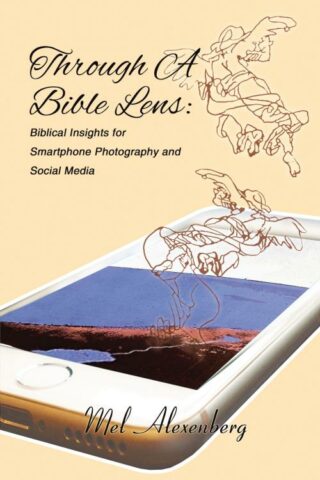Religion
Showing the single result
-
Christian Beliefs
$17.99A basic guide to twenty Christian beliefs that is solid, yet readable, and not intimidating for new believers and Christians in general. Includes chapter review questions.
About the Author
Elliot Grudem holds a degree from Reformed Theological Seminary. He and his wife, Kacey, live in New Orleans with their daughter.Add to cartOnly 1 left in stock

